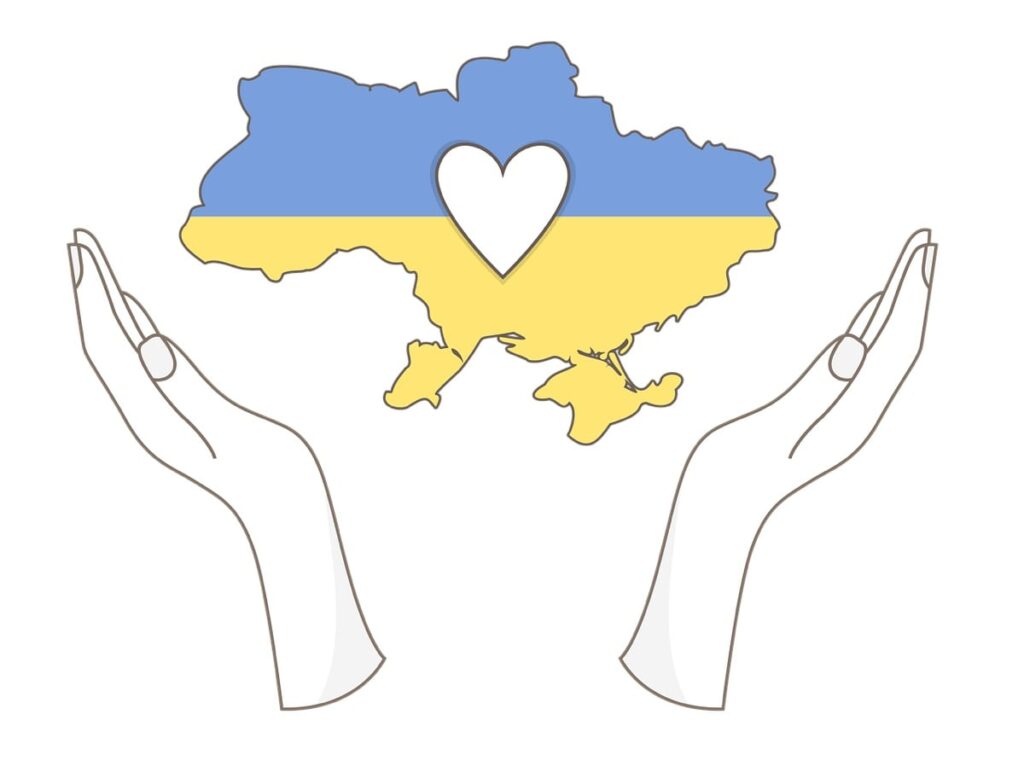Ukraine has received over $70 million in crypto donations since the start of the full-scale Russian invasion, however, pro-Russian military groups also used cryptocurrency to fund their war efforts

Image: pixabay
Feb. 24 report by blockchain data platform Chainalysis revealed that Ukraine has received over $70 million in cryptocurrencies since the beginning of the full-scale war with Russia last year. At the same time, crypto donations to pro-Russian military groups have fallen considerably since July.
Out of the $70 million donated to Ukraine, there’s been $28.9 million in Ether, $22.8 million in Bitcoin and $11.6 million in Tether. Some donations came in the form of NFT sales.
The NFT initiatives keep supporting the Ukrainian defenders today. Thus, the Ukrainian government launched the NFT Cats collection to power the naval drone fleet this month.
Meanwhile, the 100 groups crowdfunding Russian war efforts, including military purchases, spreading disinformation and creating pro-invasion propaganda, have received a total of $5.4 million over the course of the war.
Around 80% of the total crypto donations to Ukraine came in the first few months of the war, at critical times when foreign transaction restrictions were imposed on the Ukrainian central banking system. Amazingly, around 60% of suppliers were able to accept crypto, helping Ukrainian defenders to cover some immediate needs.
Government-backed Crypto Fund Aid For Ukraine spent the majority of funds ($54 million) on military equipment, armour clothes, medicines and vehicles. The increased use of cryptocurrencies in Ukraine for charity purposes has made Ukrainians the third-highest grassroots crypto adopters globally, behind only Vietnam and the Philippines.
As for the Russian crypto backers, incoming donations have fallen considerably since July. The tightening sanctions might have played a role in this decline.
At the same time, another Chainalysis report found that of the $456.8 million total ransomware payments in 2022, a majority went to “actors” believed to be based in Russia and previously announcing their “full support” of the Russian government.
Besides, Russia is moving forward with its digital ruble project this year, studying two possible CBDC cross-border settlement models, as international sanctions weigh down on the aggressor country’s monetary system. The first consumer pilot for Russia’s CBDC is scheduled for April 1, 2023.









